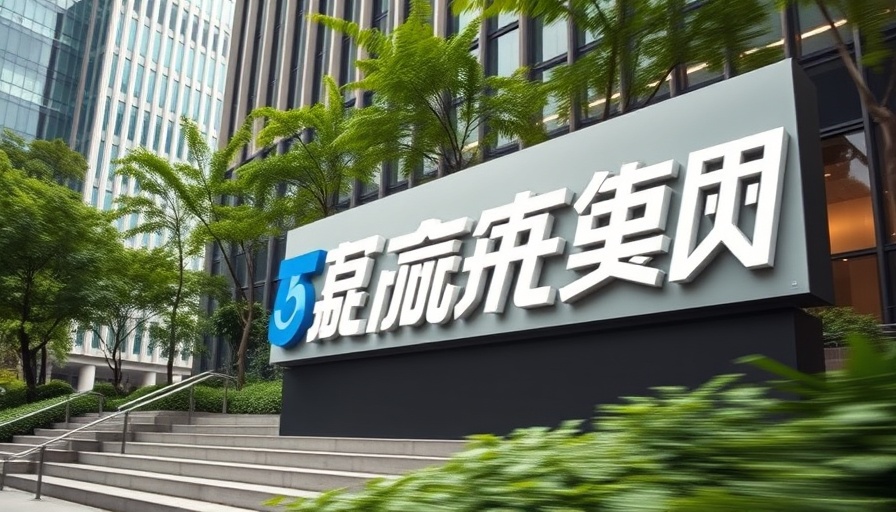
Understanding Tencent's Buyback Strategy Amid Economic Shifts
Tencent Holdings has recently announced a significant plan to buy back over $10 billion in shares, spurred by an impressive earnings report that showed promising growth, even amid the sluggish Chinese economy. This move places Tencent at the forefront of a broader trend within China's tech industry that is rebounding after a challenging period.
Why This Buyback is a Big Deal for Investors
With a 30% surge in market valuation since the start of the year, Tencent's buyback reflects confidence in its future. The company reported revenue growth of 11% in the latest quarter, surpassing expectations and indicating resilience, bolstered by successful gaming titles. Notably, even with a changing economic environment, Tencent's leadership under CEO Pony Ma seems poised to capitalize on new opportunities.
Tencent's Path Forward: AI and Gaming Revolution
As the company integrates cutting-edge AI solutions into its core services—including the popular WeChat platform—Tencent is set to redefine user engagement and advertising capabilities. Embracing advancements like DeepSeek's homegrown AI technologies, it is strategically positioned to enhance its product offerings, thereby bridging consumer connections with innovation.
Wider Implications of Tencent's Success on the Tech Landscape
This buyback is not just a reflection of Tencent's financial health; it also signifies a shift in investor sentiment toward Chinese tech firms post-regulatory crackdowns. A recent meeting between President Xi and industry leaders suggests a supportive government stance, potentially amplifying business confidence across the sector and further aiding in economic recovery.
Comparison with Other Tech Giants in China
In contrast to Tencent's strategy, rival Alibaba has gained momentum through its own AI investments. As both giants vie for market share in a recovering Chinese economy, their contrasting approaches could shape industry dynamics in the months to come.
Overall, Tencent's $10 billion buyback serves as a signal to investors and stakeholders about the company’s robust position and optimistic projections for the future. As the tech sector navigates a delicate balance between growth opportunities and economic challenges, understanding these movements will be crucial for business professionals looking to stay ahead in a transformative landscape.
 Add Row
Add Row  Add
Add 



Write A Comment